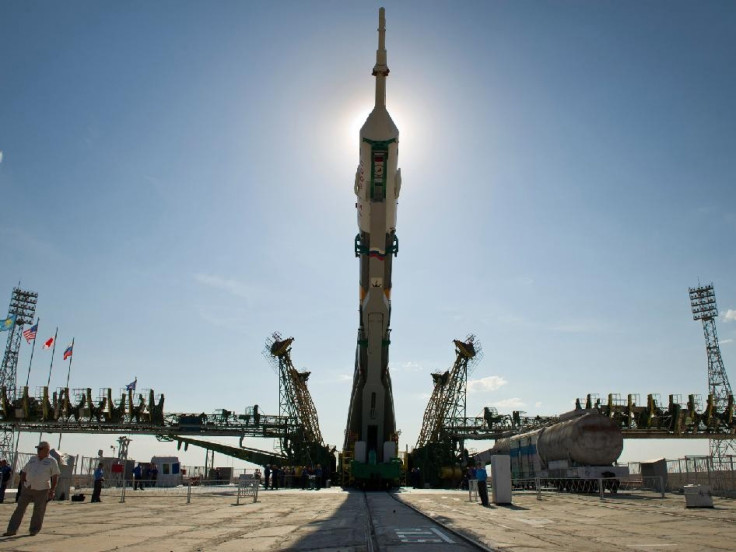August's Rocket Failure Causes Delay in Next Soyuz Launch

The proclamation by Russian Space Agency Roscosmos that space travel was in the era of Soyuz after NASA's space shuttle program ended may have been premature.
The Russian space agency announced it was delaying the launch of the next Soyuz mission because of an earlier crash involving a Russian spacecraft a few weeks back. The spacecraft, the 44th mission of the ISS Progress supply ship, was meant to carry items to the International Space Station. However, on Aug. 24, the ISS Progress sputtered out and slammed down in Siberia shortly thereafter.
The Progress mission that was meant to take place in August will now take place in late October while the Soyuz mission will be delayed to Nov. 12. This is the second delay of the Soyuz launch which was originally supposed to launch on Sept. 22. Roscosmos says there will be an additional supply ship launched Jan. 26 and another Soyuz mission launched on Dec. 20.
Roscosmos says there will be no impact from the accident on the current crew of the International Space Station because of extra supplies. That crew is set to head back to Earth a few days after the launch of the Soyuz spacecraft in November.
The earlier accident has caused the whole launch schedule to change based on an investigation of what happened. Roscosmos said it has worked with a third party commission to study the cause of the earlier crash. The commission determined the accident was caused by a defective clogged fuel supply pipe.
While the commission said it was an accidental defect, it did recommend control procedures to ensure that other similar engines do not have the same defects. There have also been concerns because Roscosmos has lost four spacecraft over the past 10 months. There was the error in August as well incidents in December when a rocket and its payload of three communications satellites fell into the Pacific Ocean and in February and August again when satellites were lost.
NASA is relying on the Soyuz spacecraft to shuttle their astronauts into space until the private enterprise can create a reliable space transport system.
Follow Gabriel Perna on Twitter at @GabrielSPerna
© Copyright IBTimes 2025. All rights reserved.





















